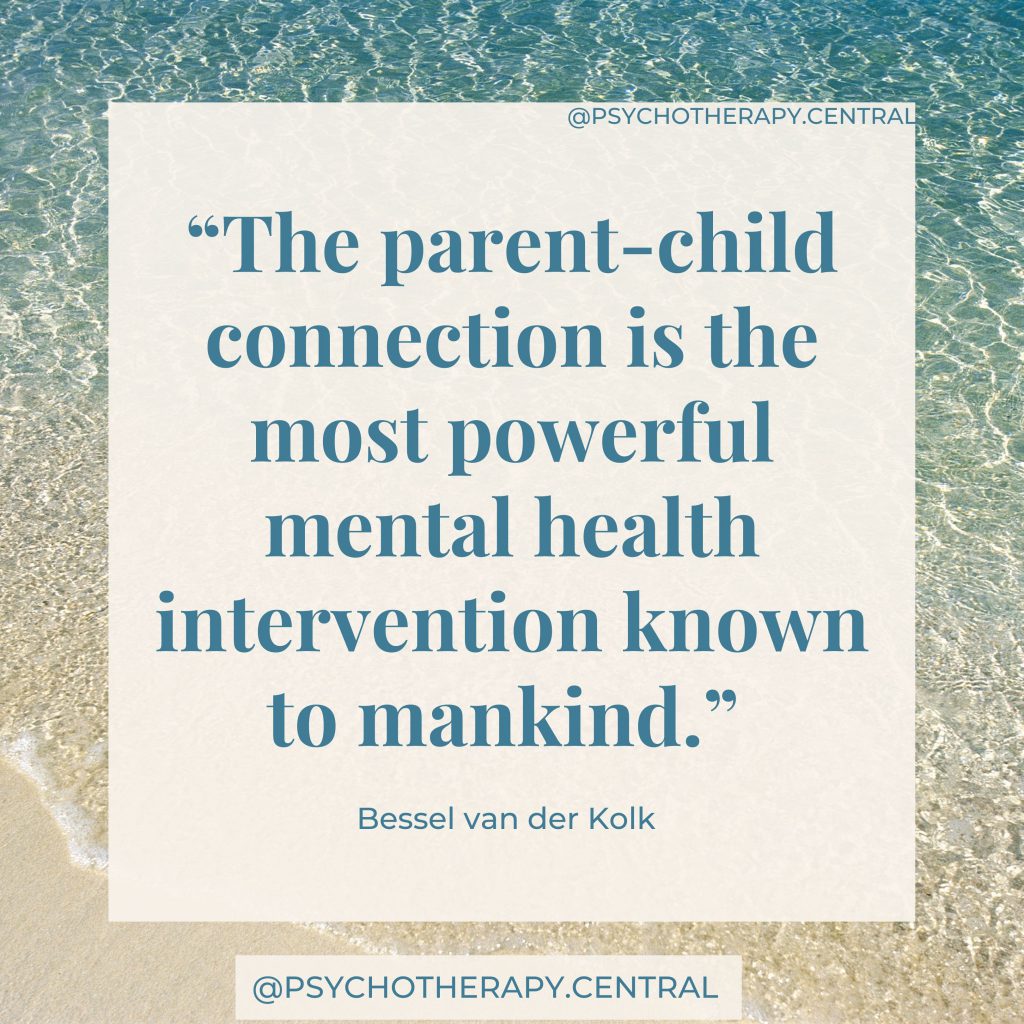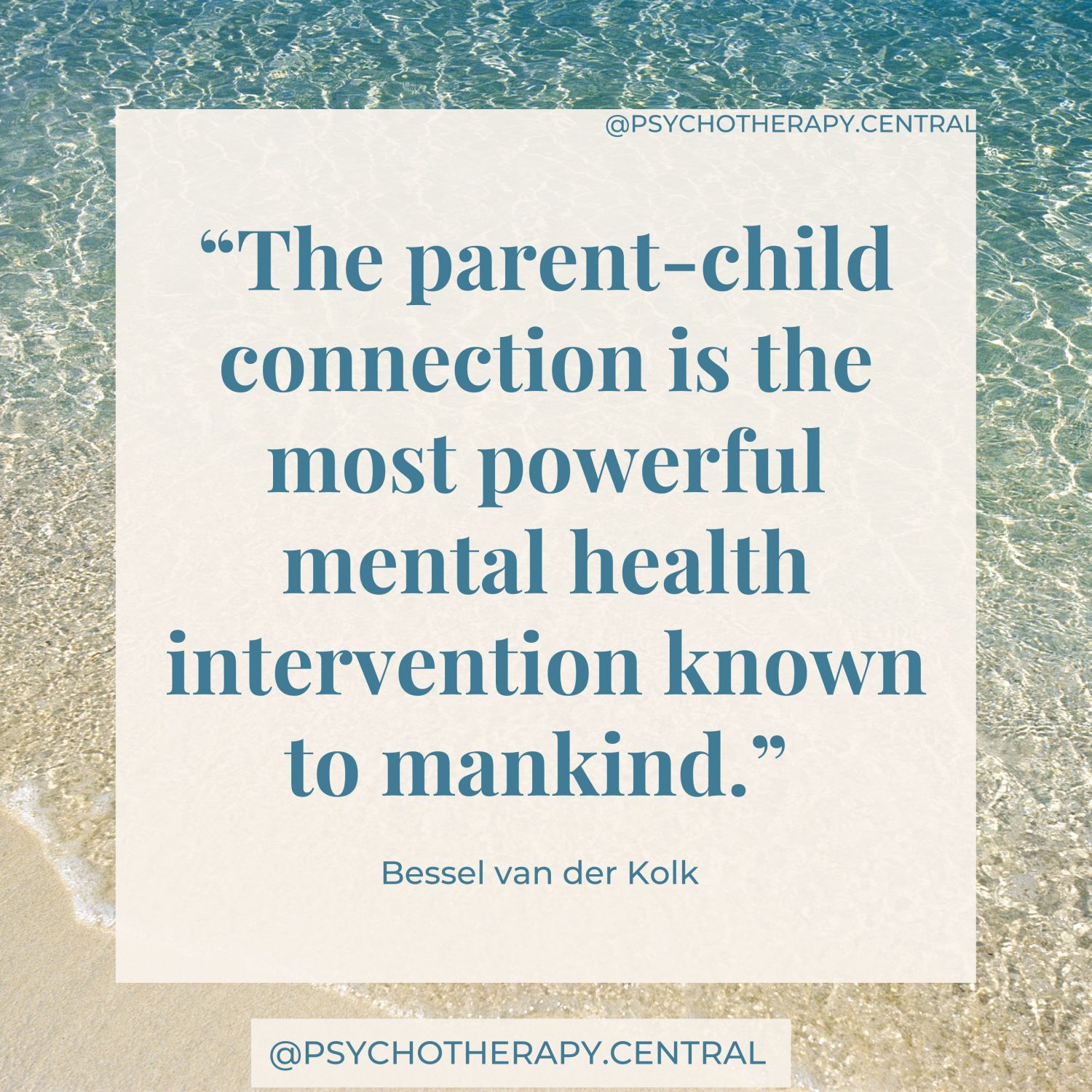As a parent, there are two ways to view this:
- With hopelessness. With the thought that you have already made too many mistakes.
- With hope. With the belief that the changes I make today CAN make a difference.
Some questions to ask your children (or your partner):
- How are you feeling?
- Where do you feel that feeling in your body?
- What might that feeling need right now?
I was driving my kids to school yesterday after 16 weeks of homeschooling. As we approached the drop off zone, I asked them:
“How are you feeling about going to school today?”
One said; “I feel scared” and made a sad face (I could see in my rearview mirror)
“Ummmm, I get that after being home for so long, that makes sense. Where do you feel it in your body?”
“All over,” they said.
“Ummm, yes. I’m wondering what that feeling might need?”
“I want to stay with ___________ (other sibling) until the bell goes.”
“I get that.”
Other sibling reaches over to reassure them that they will stay with them until the bell goes.
“How are you feeling now?”
“Safer” – then we arrived at school.
Of course, this conversation could have gone a thousand other ways – what if the other sibling didn’t want to be with them, what if they had started crying etc.
The key here is teaching your child to reference their body for valid information about their current state. What they feel in their body is important and can be a critical internal guidance system for what feels safe and unsafe as teenagers and adults. It is never too late to start referencing their body when discussing feelings.
If you agree that “The parent-child connection is the most powerful mental health intervention known to mankind”, let me know in the comments

